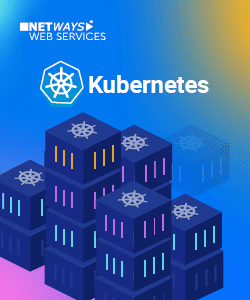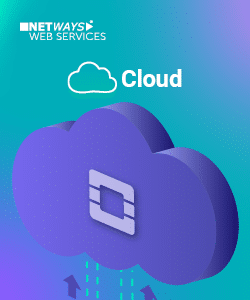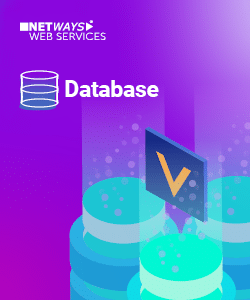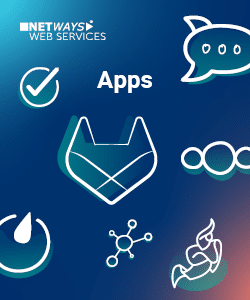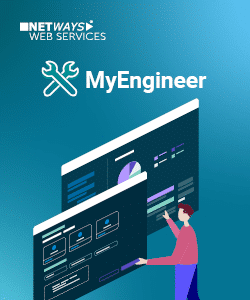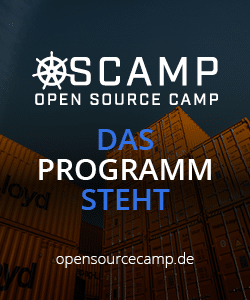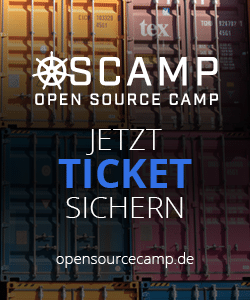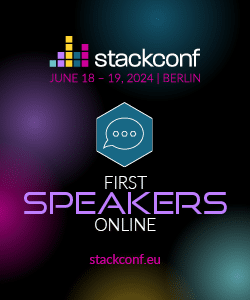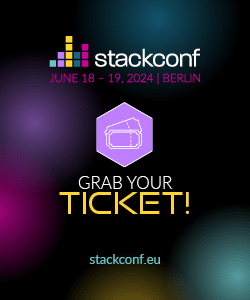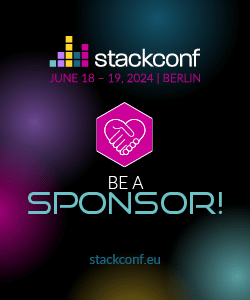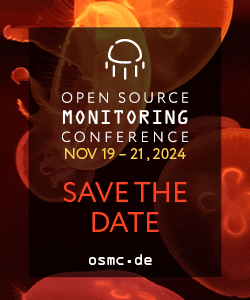Let’s reminisce about stackconf 2023, which brought many insights, first-hand expert knowledge and inspiring ideas. In this blog series, we introduce you to our keynote speakers and their presentations at stackconf.
The next suggestion by Frank Karlitschek, “Scaling a Collaboration Service like Nextcloud to 20 Million users” deals with the scaling of Nextcloud instances across different hosting centers.
A Short Summary of the Topic
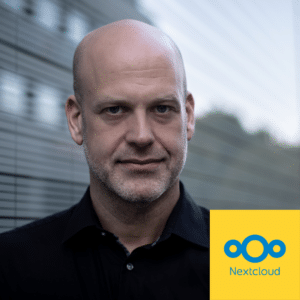
Frank highlights the increasing centralization of user data by large US companies and advocates retaining control over personal data, protecting privacy and avoiding dependence on a few providers. To achieve these goals, open source, self-hosted and federated alternatives are recommended. He emphasizes that the internet and web are based on a distributed architecture and cloud services should follow this model. The talk presents an example of how a Nextcloud instance with 20 million users can be scaled across different hosting centers and continents. Both conceptual approaches and concrete implementations of Kubernetes, Ceph and MariaDB Clustering will be presented.
Watch Frank´s Talk
Check out his presentation video and his slides. It is a good opportunity to review key points and gain a more comprehensive understanding of the topic covered.
Stay in the Loop
Save the date for stackconf 2024 on June 18 and 19 in your calendar! We´re currently looking for speakers that help us shape the next conference program. Talk proposals can be submitted until March 31. Our Early Bird tickets are available until February 29. Secure yours now, stay up to date and sign up for our newsletter!


 Selecting the right open-source project can be challenging due to uncertainties about fit and functionality. In her talk, Hila, a DevOps Engineer, discussed the DevOps perspective on open-source and provides practical advice for infrastructure-focused engineers. Drawing from experience, she addressed common pitfalls and shared insights on choosing an OSS project tailored to your environment. She also touched on the business mindset needed to evaluate key indicators based on your specific needs and challenges.
Selecting the right open-source project can be challenging due to uncertainties about fit and functionality. In her talk, Hila, a DevOps Engineer, discussed the DevOps perspective on open-source and provides practical advice for infrastructure-focused engineers. Drawing from experience, she addressed common pitfalls and shared insights on choosing an OSS project tailored to your environment. She also touched on the business mindset needed to evaluate key indicators based on your specific needs and challenges.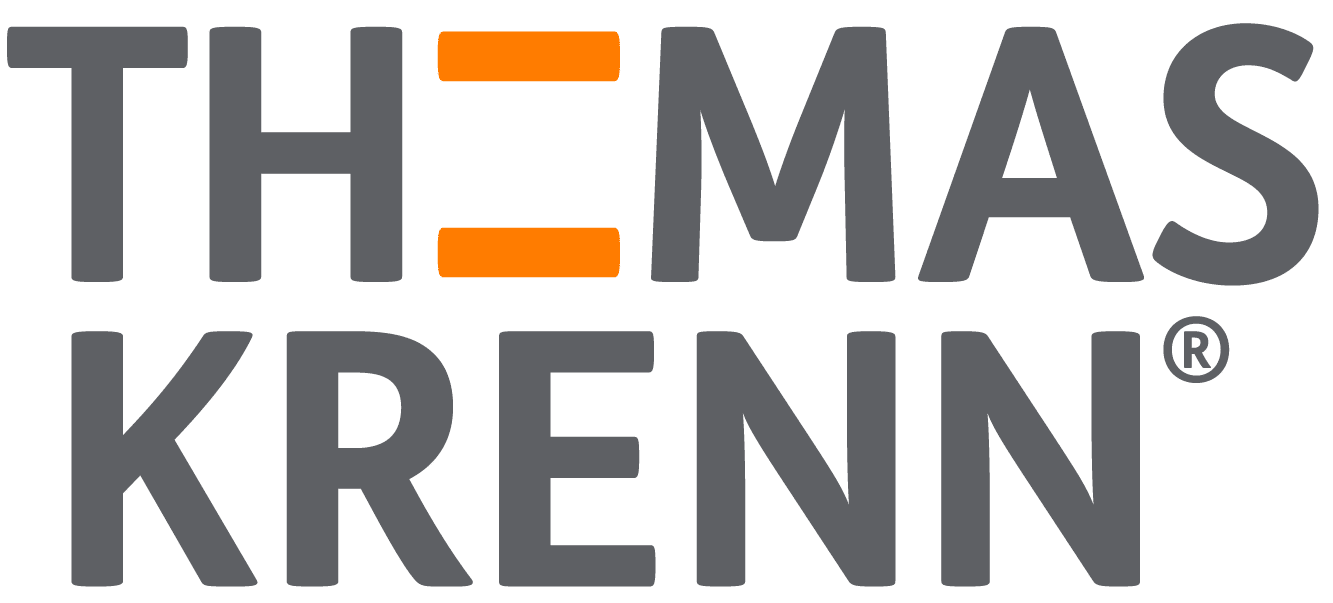
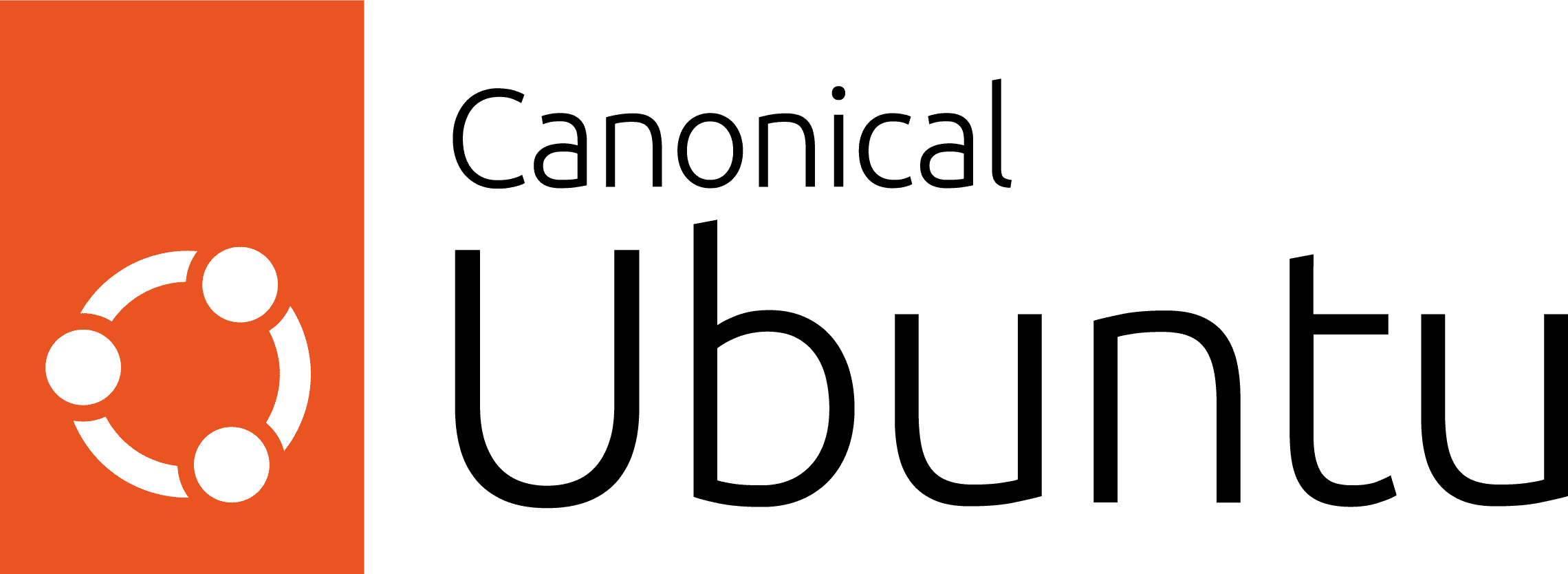


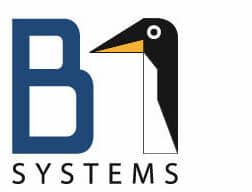 .
. 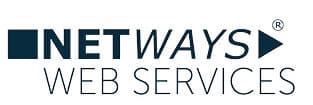
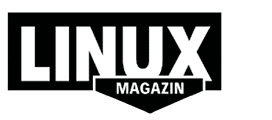
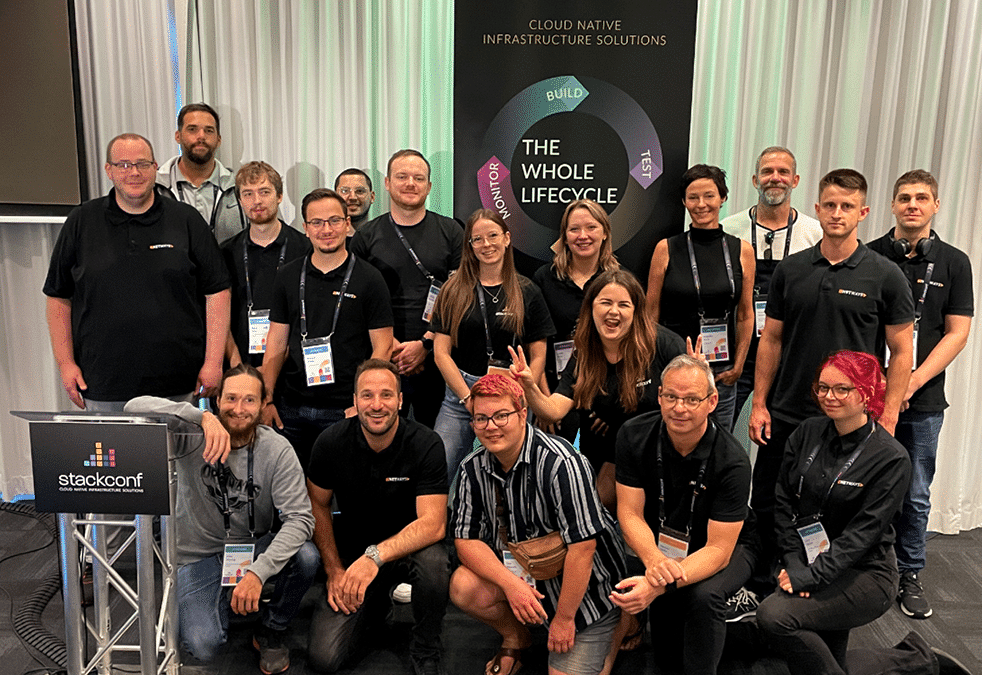
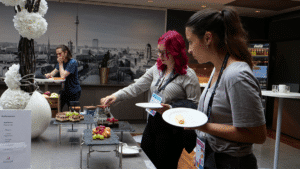 In the Mood for Food
In the Mood for Food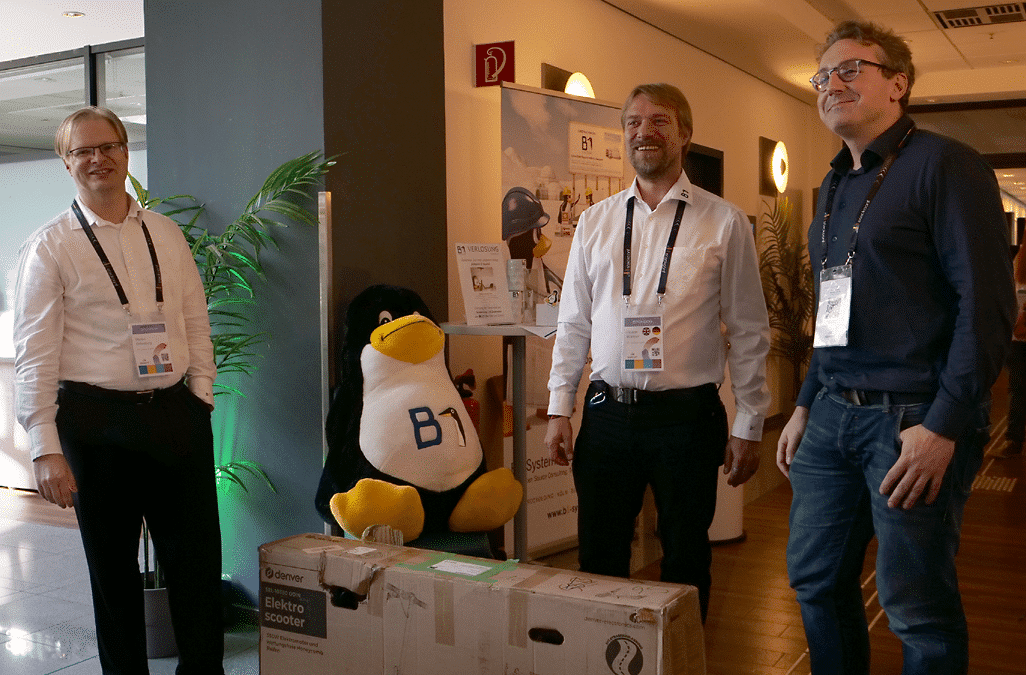 Penguin Party
Penguin Party Berlin is a cool place to be!
Berlin is a cool place to be!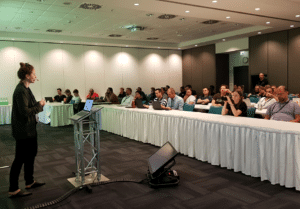 Huge Thank!
Huge Thank!





